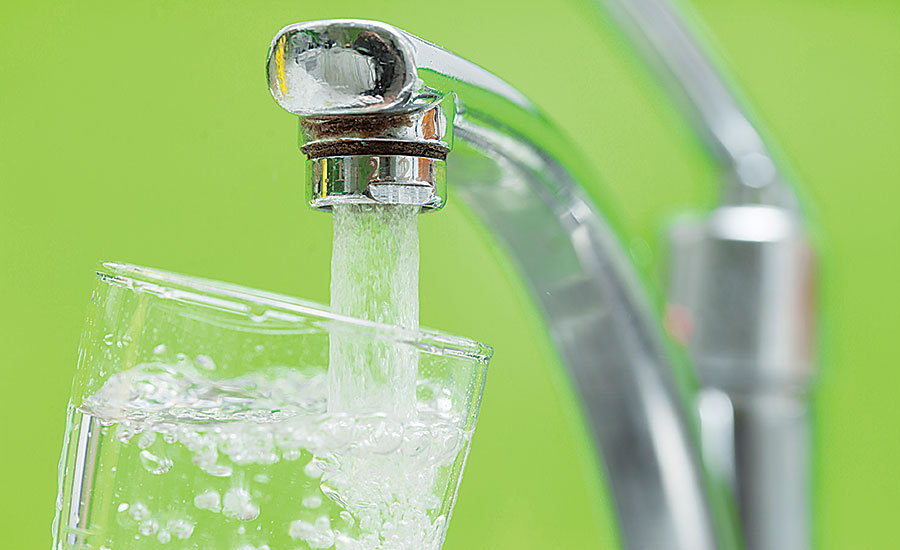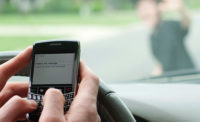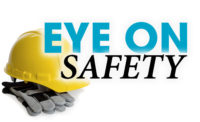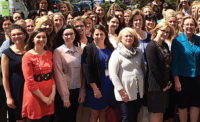Tips on staying hydrated when working
The importance of hydration.

As reported by the National Institute for OccupationalSafety and Health, workers who are exposed to extreme heat or work in hot environments indoors or outdoors, or even those engaged in strenuous physical activities, may be at risk for dehydration.
The summer months are quickly approaching and we need to be prepared. When working or playing hard we’ve all at some point experienced fatigue setting in, a dry mouth, heavy legs and maybe even a headache. These all are common signs of dehydration. Of course, if you suspect excessive fluid loss, notify a physician. Intravenous or oral fluid replacement may be needed.
When you are working hard, body fluid is lost through sweat. If the fluid lost through sweat is not replaced, dehydration and early fatigue are unavoidable. Losing even 2% of body fluids (less than 3.5 lb. in a 180-lb. person) can impair performance by increasing fatigue and affecting cognitive skills.
During the summer heat it’s easy for you to become dehydrated if you don’t drink enough fluids to replace what is lost in sweat. It is recommended that you monitor fluid loss by checking the color of your urine. It should be pale yellow and not dark yellow, too smelly or cloudy.
The best way to treat dehydration is to prevent it from occurring.
When to drink:Ensure you drink before you start working. Trying to catch up for lost fluids after a period of time is difficult. Also, drink before you get thirsty. By the time you’re thirsty, you already are dehydrated so it’s important to drink at regular intervals, especially when it is hot outside. Remember to drink enough water to prevent thirst. Warning: If your doctor generally limits the amount of fluid you drink or has you on water pills, ask how much you should drink when the weather is hot.
What to drink:Water is one of the best things to drink. Research also shows that a lightly flavored beverage with a small amount of sodium encourages people to drink enough to stay hydrated. The combination of flavor and electrolytes in a sports drink such as Gatorade or Powerade provides one of the best choices to help you stay properly hydrated. Warning: If you are on a low-salt diet, talk with your doctor before drinking a sports beverage. Any time you work or exercise in extreme heat or for more than one hour, supplement water with a sports drink that contains electrolytes and 6% to 8% carbohydrates. This prevents hyponatremia (low blood sodium), which dilutes your blood and also could lead to serious impairment and death.
What not to drink:During activity, avoid drinks with high sugar content such as soda and even fruit juices. These are slow to absorb into the body. Also alcohol, energy drinks and caffeinated beverages should be avoided.
Many people ask how much to drink and that truly depends on your activity level and how much your body is losing fluids. In general, when you are working and sweating, you should drink at least every half-hour. Ensure you are drinking enough to replace your lost fluids. A good rule of thumb from a wise man says, “If you aren’t urinating, you’re not drinking enough.”
NIOSH is working with the Occupational Safety and Health Administrationand other partners to provide heat illness information for employers and workers. For additional information on dehydration, heat stress, heat illnesses and hot environments, visit www.cdc.gov/niosh/docs/2011-174.
This article was originally titled “The importance of hydration” in the June 2016 print edition of Supply House Times.
Looking for a reprint of this article?
From high-res PDFs to custom plaques, order your copy today!









